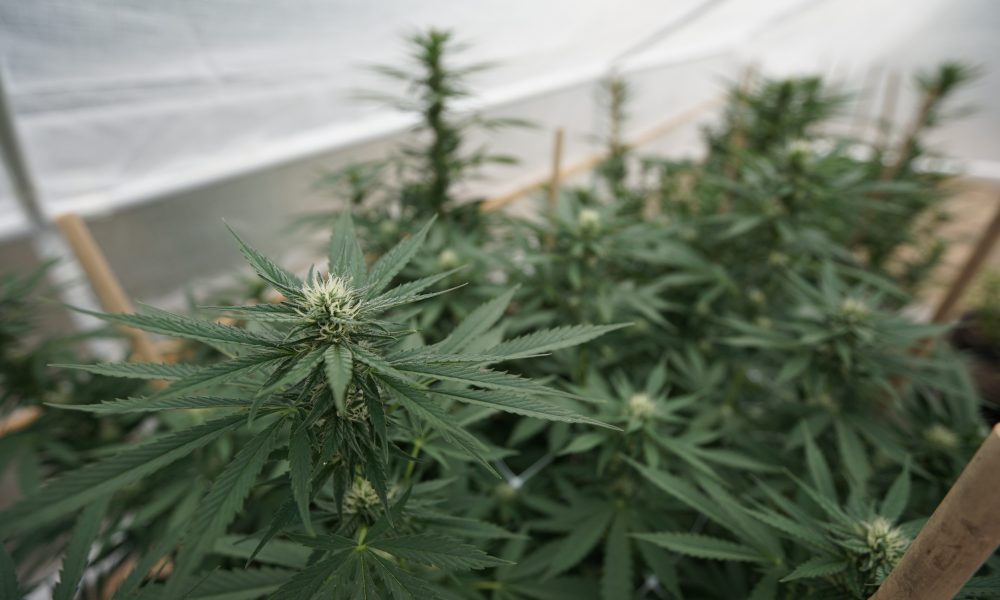Officials in Malta have issued the European Union’s first two licenses to not-for-profit associations to legally grow and distribute marijuana, according to the leader of the country’s Authority for the Responsible Use of Cannabis (ARUC). It’s an example of the nation’s cautious first steps toward legal distribution of the drug after becoming the first EU nation to formally end prohibition in 2021.
ARUC Executive Chair Leonid McKay announced that the agency granted operational licenses to two associations, KDD Society and Ta’ Zelli, allowing them to begin cultivation. The cannabis must be tested by ARUC before the groups can begin distributing it to members.
The associations are aiming to begin legal distribution in February, according to the Transform Drug Policy Foundation, which said it was involved in the country’s policymaking in an advisory role. McKay said at a press conference that prices are expected to compete with the illicit market, although the government will not play a direct role in pricing.
Another four associations have been awarded in-principle licenses and are expected to eventually receive operational licenses, according to Malta Today.
Maltese law allows the home cultivation of marijuana, but for-profit marijuana sales are forbidden. The nonprofits, technically known as “cannabis harm reduction associations,” are intended to meet consumer demand without heavily commercializing the industry. As ARUC says on its website, the goal is to remain “steadfast in the approach of discouraging and delaying cannabis use” while moving away from more punitive approaches of the past.
While similar entities have existed informally in other parts of Europe for decades, Malta’s newly issued licenses are the first of their kind ever issued in the EU.
Under the 2021 legislation sponsored by MP Owen Bonnici, adults 18 and older can legally possess up to seven grams of cannabis and cultivate up to four plants for personal use. Up to 50 grams of homegrown marijuana may be stored for personal use at home. Possession of more than seven grams but less than 28 grams by an adult would is by a €50 to €100 fine without the threat of jail time or a criminal record. Minors who are found in possession of cannabis would be referred to a commission for justice for a “care plan” rather than face arrest.
Cannabis associations can have as many as 500 members and are limited to distributing 7 grams per day to each member, with a maximum of 50 grams per month. They could also distribute up to 20 cannabis seeds per member each month. The legislation says its purpose is aimed at “allowing for a balance between individual freedom in the limited and responsible personal use of cannabis and other social requirements.”
While there was debate among lawmakers at the time about whether to set a THC limit on marijuana products, they ultimately decided against the notion because “you will be creating a new market for the black market,” Bonnici, who serves as the government’s minister for equality, research and innovation, said. “What we need to do is to educate people and inform them day after day.”
Meanwhile in Europe, lawmakers in Germany officially began consideration of a bill to legalize marijuana this month. The legalization measure, spearheaded by Health Minister Karl Lauterbach, would allow adults to legally possess cannabis and cultivate a maximum of three plants for personal use.
Similar to Malta, the German plan would also create social clubs that could distribute marijuana to members. Officials have said a second phase of legalization will eventually launch a pilot program for regulated commercial cannabis sales.
Lauterbach said in March that German officials had received “very good feedback” from the EU on the prior reform framework. The country’s Federal Cabinet approved the initial framework for a legalization measure late last year, but the government wanted to get signoff from the EU to ensure that enacting the reform wouldn’t put them in violation of their international obligations.
Officials from Malta and Germany, as well as Luxembourg and the Netherlands, held a first-of-its-kind meeting in July 2022 to discuss plans and challenges associated with recreational marijuana legalization.
A survey last year found majority support for legalization across several European countries, although Malta was not polled.
The survey directed questions to residents in France, Germany, Italy, the Netherlands, Portugal, Spain, Switzerland and the United Kingdom. There was majority support for legalization in each of those countries except the Netherlands, where a plurality of respondents backed the reform.
On average across the eight countries, 55 percent said they support legalizing adult-use cannabis, while 25 percent said they oppose it. Eighteen percent said that they weren’t sure. Asked specifically about whether they favor certain forms of marijuana access, 48 percent said that they back regulated retail stores, 35 percent said they support a non-commercial home grow model and 32 percent said they are in favor of cannabis social clubs.
Photo courtesy of Chris Wallis // Side Pocket Images.
Read More Feedzy

